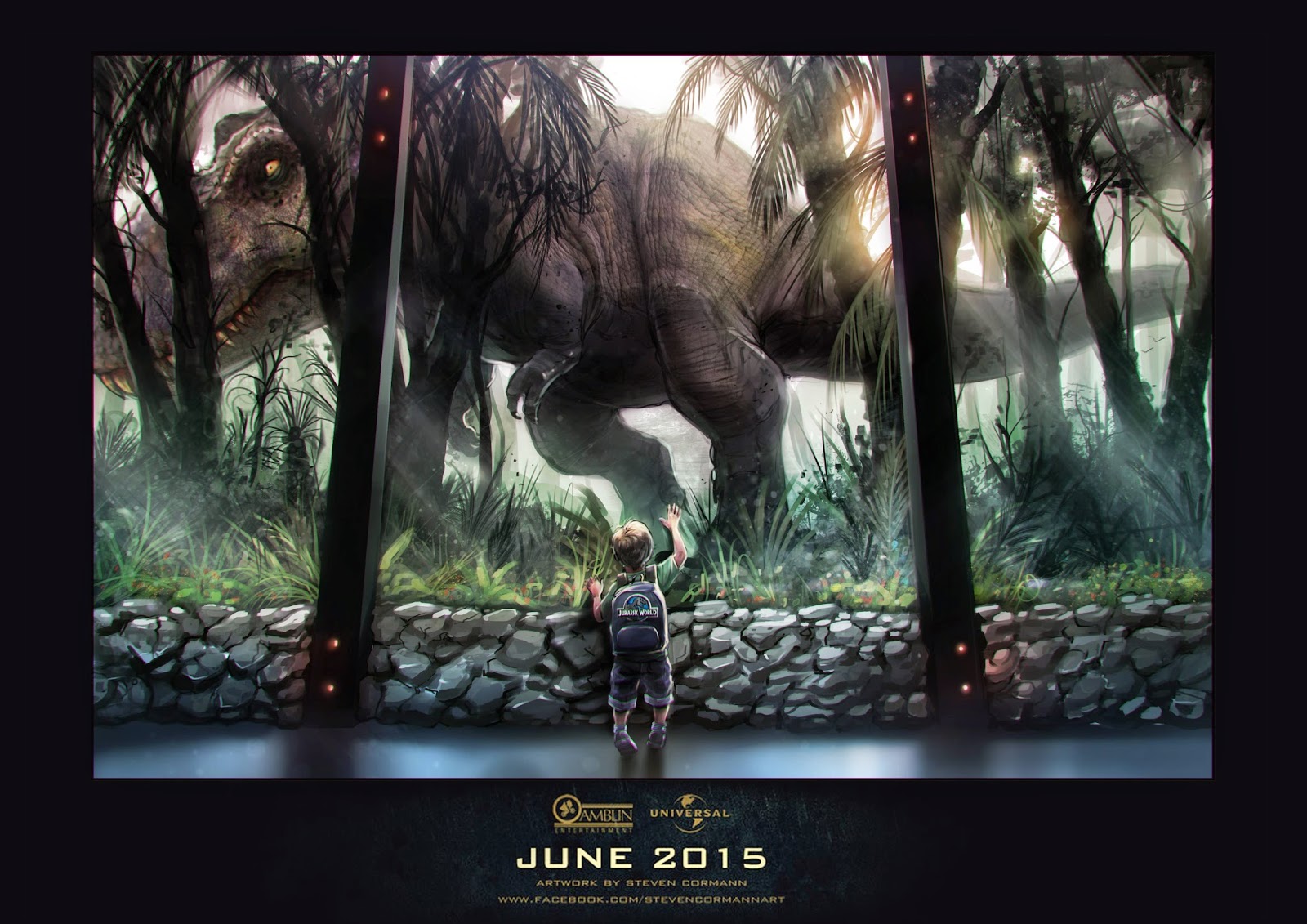‘Jurassic World’ Skips Science, Goes for Nostalgia
Universal Studios just released the first trailer for Jurassic World, the latest film in the blockbuster Jurassic Park series. The reboot will be released June 12 next year and will star Chris Pratt and Bryce Dallas-Howard.
The film builds on the success of the dinosaur-busting trilogy Jurassic Park (1993), The Lost World: Jurassic Park (1997) and Jurassic Park III (2001), which collectively grossed nearly $1 billion, according to IMDb estimates.
In an interview with Slashfilm.com,
the new film’s director, Colin Trevorrow, said he wanted to portray a
world in which the idea of living, breathing dinosaurs has become old
hat, much like the way computer-generated dinosaurs have become
commonplace in ours. He said he was aware of how some fans looked at
updates of beloved classics with disdain.
“We’ve all been disappointed by new installments of the
stories we love. But with all this talk of filmmakers ‘ruining our
childhood,’ we forget that right now is someone else’s childhood. This
is their time. And I have to build something that can take them to the
same place those earlier films took us,” Trevorrow said.
The scenes in the film’s first trailer, set on the same
fictional island/dinosaur stomping grounds (Isla Nublar) as the original
trilogy, will seem familiar to fans of the series, or anyone who came
of age during the ’90s. Its effects are impressive, its dinosaurs huge
and scaly monsters.
Paleontology has advanced a lot
since the first films were released, says science writer and amateur
paleontologist Brian Switek, who spoke to Newsweek after
watching the trailer. We no longer think most land-based dinosaurs were
scaly, for instance. It’s more likely Tyrannosaurus rex and
Velociraptor, the primary antagonists of the first film, would have been
covered in feathers.
The film will likely be designed to appeal to our nostalgia for the original Jurassic Park films. “The public wants scaly, old-school, 1993-era dinosaurs,” Switek tells Newsweek.
And there’s nothing wrong with that. It’s just a movie. But it will be a shame if Jurassic World turns to the same species of dinosaurs that enchanted and terrified us in Jurassic Park—T.
rex, Velociraptor, et al.—because, while most of the cast members are
familiar, a new dinosaur is discovered every two weeks, opening up a
world of possibilities.
For instance, on Tuesday the BBC reported on the discovery of a new species of horned dinosaur, identified from fossils that were kept in a Canadian museum for 75 years.
“There are probably over 1,800 genera of non-avian
dinosaurs,” Switek says. “That’s not even species. And we’ve only named
about 500 or so. Most dinosaurs have yet to be discovered. And they get
weirder and weirder.”
Therizinosaurus is one such dinosaur. Switek describes it
as “a nightmare version of Big Bird.” Therizinosaurus was about the size
of a T. rex, with a long, slender neck, a large head with a beak, and
large hands with even larger claws, all covered in feathers. Its name
means “scythe lizard.”
Or, the filmmakers could include Kosmoceratops. We think
Kosmoceratops looked a lot like Triceratops, except that instead of
three horns it had “an emo comb-over of horns,” according to Switek.
In his interview with Slashfilm, Trevorrow confirmed that the park’s geneticists will create one new, “modified” dinosaur.
Switek doesn’t mind if the filmmakers decide to make movie monsters
instead of accurate depictions of living animals. “To me, it’s all good
fun,” he said.




No comments:
Post a Comment